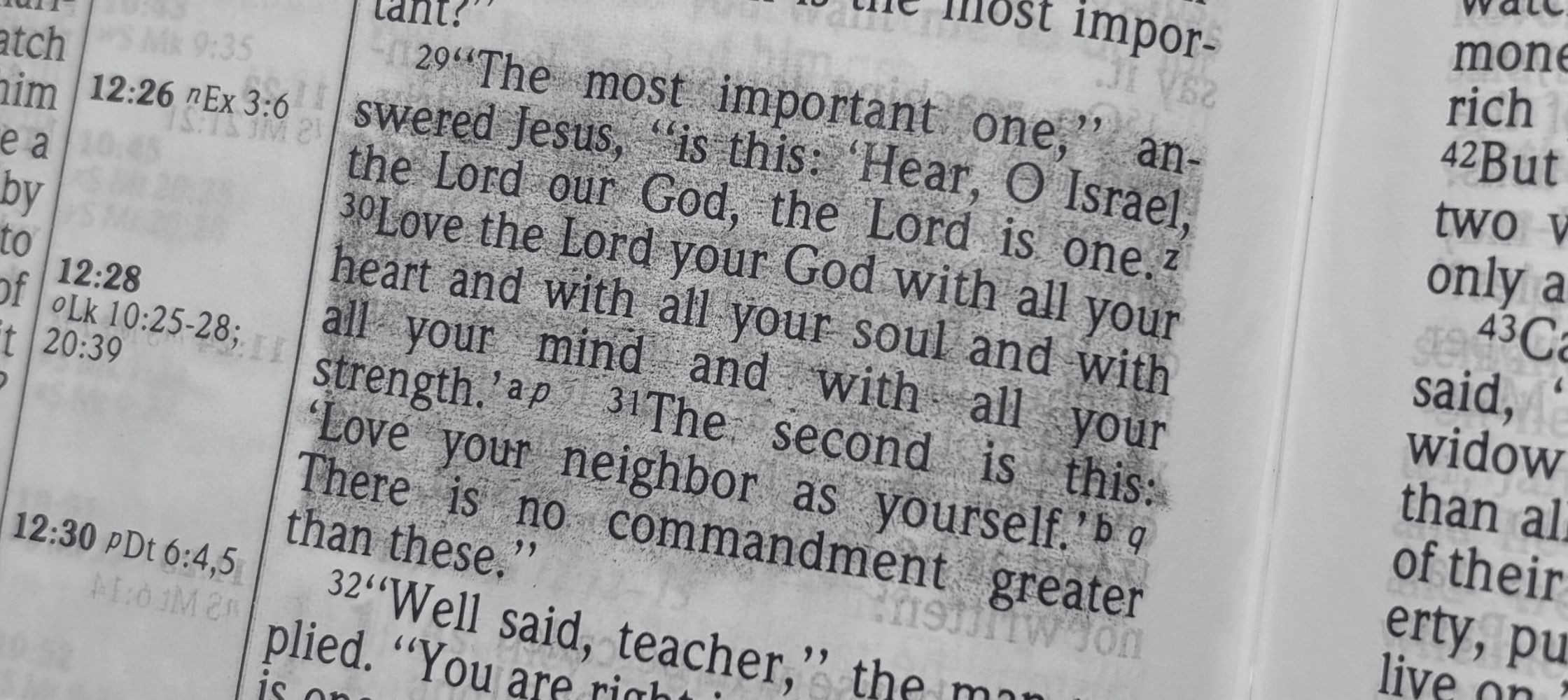Thank you! Your submission has been received!
Oops! Something went wrong while submitting the form.

By: Robert E. Zink
October 25, 2021
If all mission programs looked like ours, would the Great Commission ever be completed? This question is the primary means by which I evaluate the effectiveness of missions, whether at my own church or when consulting with other churches. How a person answers determines the answer to the question, “Should we cancel the missions program?” As we have pursued this topic of thought for several weeks now, we are left with some questions.
The focus on programs and rise of missions organizations has been helpful for our missions engagement by the body of Christ. However, the reliance on those has also been the motivation behind the consideration to cancel the missions program. This is not to say programs and organizations are wrong or that we should do away with missions. Only that, sometimes we need to reassess ourselves in order to bring us back to the Lord’s plan in His revealed will, the Scriptures.
To cancel or not to cancel is a very personal question that only each individual church can answer. This calls for sincere, humble evaluation. While some may need to overhaul their missions engagement completely, sometimes it requires only slight adjustments. Some churches may have no reason at all to adjust and need only to continue forward as they have been. How does a church assess? The answer to that question was discussed in a previous post (click here to read to those notes).
Perhaps you have assessed and determined that now is the time to make some adjustments. What now? Information is only as valuable as it is used. Once we’ve evaluated our missions programs, we must transform that knowledge into something beneficial by responding to it and creating a plan.
Step 1: Examine Your Priorities
No plan exists apart from determining our priorities. God has called the community of Christ to labor for His will, yet how each church participates will vary. Permit me to share with you some questions that may draw out some of those priorities for your church:
Establishing priorities according to the gifts of the church is not only the first step but the most essential step. This truth is based on the reality that when people can participate according to what they enjoy doing and are competent doing, they are more reliable and effective.
Step 2: Examine Your Performance
A plan without action is incomplete. After determining priorities, the next question becomes, "How will you fulfill these priorities?" If you have evaluated the church's position, then you have considered the resources available to you. Time, money, and physical resources all contribute to how a church may fulfill God's plan. Other considerations include the availability and needs of missionaries. On a global scale even world politics may influence what the church is able to do. Considering many factors, the church goes from determining its priorities to the fulfillment of those priorities.
Some advice may be helpful when determining how the church will fulfill the Great Commission:
Keeping these things in mind, set up a plan of action.
Step 3: Examine Your People
Crucial to our missions engagement are the people involved. Implementation requires that we identify both who will do what and who they will be alongside for accountability. As alluded to earlier, placing people into roles according to their desires and gifts are most effective. If someone enjoys something, then consider utilizing them in a way that maximizes that. To do this, consider not only the tasks your people enjoy but also if they have a particular connection with some regions of the world or specific missionaries.
A second aspect is leadership and accountability. As in any church, ultimate authority falls to the elders. Sometimes though, the actual function may differ. It may be that one elder is tasked with oversight instead of the whole group. Perhaps there are different layers in between. The key is to ensure roles and responsibilities are clearly defined.
Step 4: Reexamine
Plans set to action need follow-up and reevaluation. This is part of both accountability and stewardship. We follow up to ensure that a plan is implemented, and then assess whether or not the project is functioning as intended.
Finally, we need to remember that we exist in circumstances that constantly change. As churches grow or shrink (numerically), it changes the makeup of the church (in terms of physical ability and spiritual gifting). The world is also constantly changing, and rapidly evolving political situations combined with ever-changing regulations require adjustment.
At each step, we could refer ourselves back to Proverbs 16:9 in which we may plan, but we constantly realign ourselves with the Lord’s will as He reveals. Making a plan and following through with that plan is necessary not just to the church's ongoing work but also to how we tackle missions.
